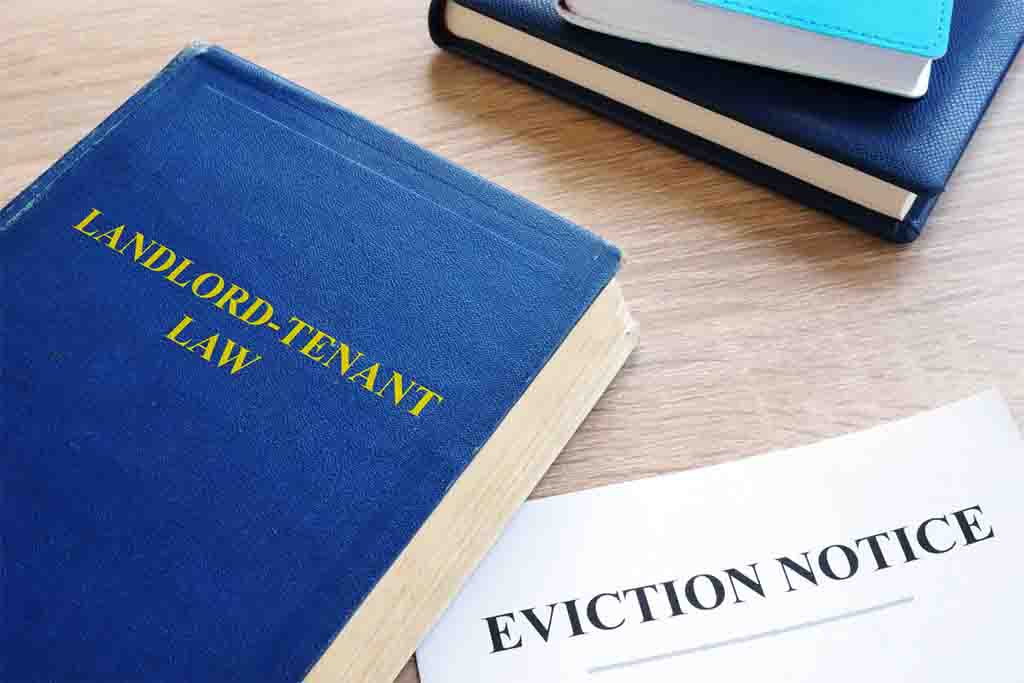On Monday, August 3rd, the Florida Department of Health reported 4,752 people had tested positive for COVID-19, the lowest number reported since mid-June. While that is roughly half the average number of new daily positive infections reported from last week, it brings the total number of cases in Florida exceedingly close to half a million at 491,884 total cases.
Florida homeowners were offered a life-line when Governor DeSantis issued an Executive Order late Wednesday, July 29th, extending the foreclosure and eviction moratorium in Florida from August 1, 2020, to September 1, 2020.
That’s weighed heavily on the economy and the ability for Floridians to cover the cost of living expenses. Specifically, the order states, "Affected by the COVID-19 emergency means loss of employment, diminished wages or business income, or other monetary loss realized during the Florida State of Emergency."
Short Term Debt Solution
However, these short-term solutions are seen by many as a band-aid on a much larger problem. In an article published this week by The Tampa Bay Times by Lawrence Mower and Alex Daugherty and published on August 2, 2020, “Nearly 900,000 Floridians applied for or received unemployment benefits during the most recent period. Nearly 600,000 Floridians are behind on their power bills. The only thing keeping many from being evicted from their homes is an executive order by Gov. Ron DeSantis — a short-term solution that many agree can’t continue indefinitely.”
Rent and Mortgage Payments are Piling Up
It’s important to note these month by month extensions fail to address the more significant issue: Homeowners and tenants alike are merely piling up what they will eventually have to pay, possibly thousands of dollars they will owe when the moratorium expires, or risk eviction and foreclosure. How people will do this has yet to be determined.
Consumer attorney Charles Gallagher is quoted in an article posted on Orlando Spectrum 13 news by the news staff on July 29th, "The rent doesn't go away. It's a matter of it kind of piling up," Gallagher said. "When there's a point in time, where they can pay, they have to pay."
This was Governor DeSantis’ fifth moratorium issued on evictions and foreclosures due to the COVID-19 pandemic. The first order in this regard went into effect on April 1, 2020. According to Orlando Spectrum 13 news, Governor DeSantis indicated that he might take additional action at a recent roundtable discussion in Orlando.
As these federal moratoriums have expired and Congress is in continued talks for longer-term solutions regarding the pandemic’s financial impact, many homeowners and tenants are looking to state and local regulations for extended rent and mortgage payment moratoriums. Longer-term solutions will need to be discussed by federal and local leaders, as the current moratoriums for debt relief will inevitably expire.
About ABC Legal Services
ABC Legal is the nation’s leading service of process and court filing company and is the official process server to the U.S. Department of Justice. Docketly is a subsidiary of ABC Legal, providing appearance counsel on a digital, custom-built platform that smoothly integrates with our applications and services. ABC Legal’s applications are cloud-based and compatible for use on desktop, browser, and smartphones. Our solutions and digital approach ensure process server partners, law firm customers, and their clients save valuable time and resources when serving legal notices safely and with maximum compliance, control, and transparency. ABC Legal is based in Seattle, WA, with over 2,000 process servers throughout the U.S. and internationally in more than 75 countries. To learn more about ABC Legal, our solutions, and subsidiary company Docketly, visit www.abclegal.com.
Written by
ABC Legal ServicesSubscribe to email updates
Recent Posts
- ABC Legal Launches “EvidenceChain™” to Advance Transparency in Legal Document Delivery
- 7 Ways ABC Legal Benefits Accounting Teams
- Streamline Civil Law Cases With Reliable Service of Process
- Insights from MTMP 2025: Legal Innovation, Connections & a Little Star Power
- Streamline IP Law Cases With Reliable Service of Process
Learn More

National Impact of Covid-19 on Eviction and Foreclosure Moratoriums

Deeper Dive: Process Servers and Eviction




